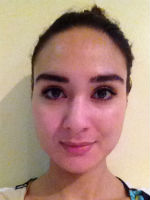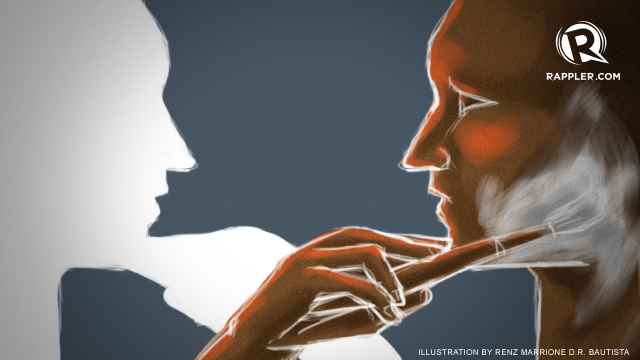SUMMARY
This is AI generated summarization, which may have errors. For context, always refer to the full article.

Going beyond the blatantly obvious, one of the main issues I’ve noticed through watching TV is that, like in most other Asian countries, there seems to be a desire to be ‘white.’ Allow me to extrapolate my thoughts.
The Philippine beauty industry is heavily influenced by Western-American culture and as a result the desire to have white skin basically consumes a considerable portion of beauty campaigns here. On the bus route to work I see billboards here, there and everywhere advertising skincare products containing glutathione, papaya soap, multi-vitamins or herbal teas that claim to “whiten and purify the layers of the skin.” Really? My inner cynic thinks otherwise.
I’m led to wonder whether people truly believe that supposedly ‘effective’ fruit and vegetable extracts or other harmful substances can make a naturally darker-skinned person obtain the complexion of an Amerikano? Plastic surgery and skin bleaching can only go so far as to make superficial changes – it’s impossible to alter the DNA that you have and that your potential future children will inherit.

Baffling
As a bi-racial Australian female with Asian and Mediterranean heritage (my mother is Filipina and my father is Italian-Brazilian), I find it baffling and ironic how white skin is seen as the ‘holy grail’ of skin tones in Asia and in other parts of the world. In Australia so many people will happily spend thousands of dollars a year on salon and DIY tanning or running the risk of developing skin cancer spending hours lying under the sun’s harmful rays in order to be bronzed.
In Australia, which has a predominantly Caucasian population, being tanned is considered to be one of the ideals of beauty. Many Australians believe that having a tan makes someone appear ‘healthier’, slimmer, more toned or just simply more attractive. I’m sure this would be equally as baffling to many Filipinos. Many of my friends, regardless of ethnic background, feel that they think they appear sick when they aren’t sporting a golden glow. Even I, with my olive Eurasian skin, use body lotions that contain self-tanning agents.
As a young girl growing up in a small coastal town on the border of Northern New South Wales, I was often bullied in elementary school for my ‘Asiatic’ looks and my ‘dark’ skin as the other children didn’t know any better. Ironically enough, once puberty hit, everyone wanted to obtain the color of my skin. Surfing culture and sun-kissed beach babes were as popular then as they are now.
Returning to the Philippines, it seems to me that fairer skin and plastic surgery are indicators of a ‘higher’ social status here in the Philippines. It disturbs me that some Asians believe that having more ‘Western features’ (i.e. white skin, a thinner nose, defined eyelids, lighter hair, narrower face shape) makes one more attractive or ‘better’ than another who hasn’t undergone physical alterations. I beg to differ as from what I’ve seen Filipinos are an attractive bunch (and no doubt the recent beauty pageant conquests will attest this too).
Obsession
So far I’ve realized that culture shock goes beyond seeing extreme poverty only blocks away from palatial hotels. The Philippine obsession with Euro-centric beauty has actually been one of the most potent culture-shock experiences that I’ve faced in my twenty-one year life seeing as almost all of the Pinoys that I’ve met back home are fiercely proud of their heritage.
What’s shocking to me is that this obsession with ‘whiteness’ is all too evident in Philippine culture and I don’t see things changing any time soon as whitening products, and beauty products in general, contribute greatly to the local economy.
Regardless of what is represented in the media people need to embrace what they have been born with whether they’re African, Asian, Middle Eastern, European or mixed-race as our physical differences are what makes us beautiful. Remember you can never truly run away from who you really are. – Rappler.com
Maria Grippo is a Rappler intern and a student based in Australia.
Add a comment
How does this make you feel?
There are no comments yet. Add your comment to start the conversation.